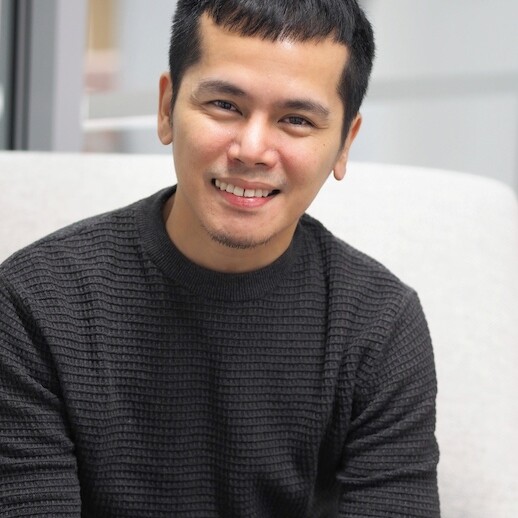Curious about merging health and technology, and creating innovative devices for the healthcare sector?
Health innovations - from ideas to impact in device development, 2 ECTS
.jpg)
A short online course (2 ECTS / 4 SAQA / 4 KCAT credits) on the basics of health device development for students interested in exploring the intersection of health and technology.
This 10-week short course, with 20 hours of contact teaching, provides an introduction to health device development. Participants will gain valuable insights into the different stages of the health device development process, while being provided with a unique platform for innovative thinking in an international and transdisciplinary environment.
The course is organised in collaboration with Moi University (Kenya) and University of the Western Cape (South Africa). University of Turku is responsible for course arrangements and implementation.
Learning outcomes
Upon successful completion of the course:
- Student understands the basics of health device development and is able to identify the key stages involved in a development process.
- Student recognises the importance of transdisciplinary innovation in the field of health and technology, and its impact on society.
- Student understands the basic concept of design thinking and recognises how its principles and techniques can be used to generate creative ideas and solutions to complex problems in health and technology.
- Student is able to discuss the feasibility, viability, and value creation potential of innovative concepts, considering factors such as market demand, usability, regulations, healthcare outcomes, and potential market success.
- Student is able to communicate a concept idea in a clear and concise manner.
Target group
The course is open for all Moi, UWC and UTU master level students in the fields of biomedicine, dentistry, health sciences, medicine and technology. Quotas are applied to ensure an international and multidisciplinary mix of students. For more information on country specific target groups and quotas, see “Application procedures” and application links.
Delivery and study methods
- The course is delivered online and consists of synchronous and asynchronous learning sessions. Synchronous sessions are organised in Zoom. Moodle will be used as a course platform for all course communication and delivering materials.
- The course consists of lectures, In-class group work, self-study and a learning assignment.
- Course language is English.
- The course is free of charge.
The course will be held in autumn 2025, from 25th September to 4th December
Course schedule (https://opas.peppi.utu.fi/fi/opintojakso/HOIT6730/94992?period=2024-2027)
- 25.09.2025 15:00-16:30 online
- 02.10.2025 15:00-16:30 online
- 09.10.2025 15:00-16:30 online
- 23.10.2025 15:00-16:30 online
- 30.10.2025 15:00-16:30 online
- 06.11.2025 14:00-15:30 online
- 13.11.2025 14:00-15:30 online
- 20.11.2025 14:00-15:30 online
- 27.11.2025 14:00-15:30 online
- 04.12.2025 14:00-15:30 online
- The course is worth 2 ECTS*, which equals 54 hours of work, including all guided study and self-study.
*2 ECTS = 4 KCAT (Kenya) credits / SAQA (South Africa) credits
Application period to the course is from 15th August until 15th September 2025.
The course is limited to 45 students. 15 places will be reserved for each collaborating university, and quotas will be applied to ensure a multidisciplinary mix of students on the course. Country specific information on applying and quotas can be found below:
- Moi University (Kenya): Kindly contact the Moi University
- University of the Western Cape (South Africa): Kindly contact the University of the Western Cape
- University of Turku (Finland): Apply through Peppi platform
All applicants will be notified of their acceptance or rejection by Friday 19th September 2025. Students who are accepted onto the course will then receive further information and instructions on how to log in to the course learning platform (Moodle).
If you wish to cancel your place once you have been accepted onto the course, please do so by Monday 22nd September so that we can fill the places from the waiting list. Cancellations can be made by contacting the course contact person, Kaile Kubota (details at the bottom of this page).
- The course is assessed on a pass/fail scale. Passing the course requires attendance to lectures and successful completion of learning assignments.
- Students who successfully complete the course will receive a certificate of attendance.
- Awarding of credits is subject to the policies of each collaborating institution (for more information on the policies of each institution, please follow the application links).
- For more information on the policies of each institution, please follow the application links in “Application procedures
